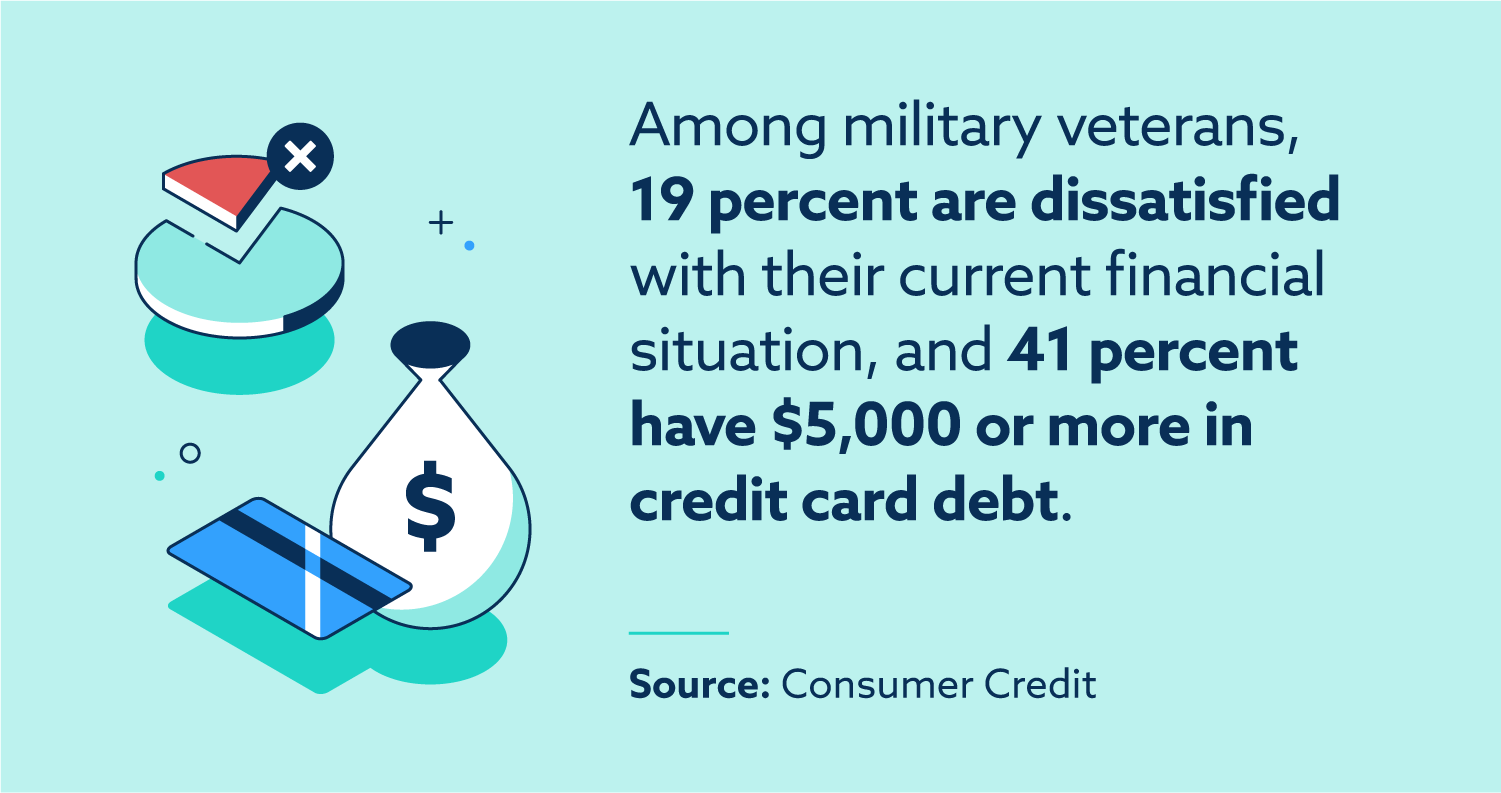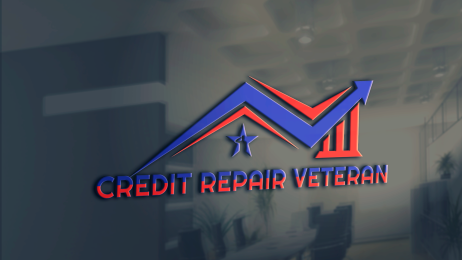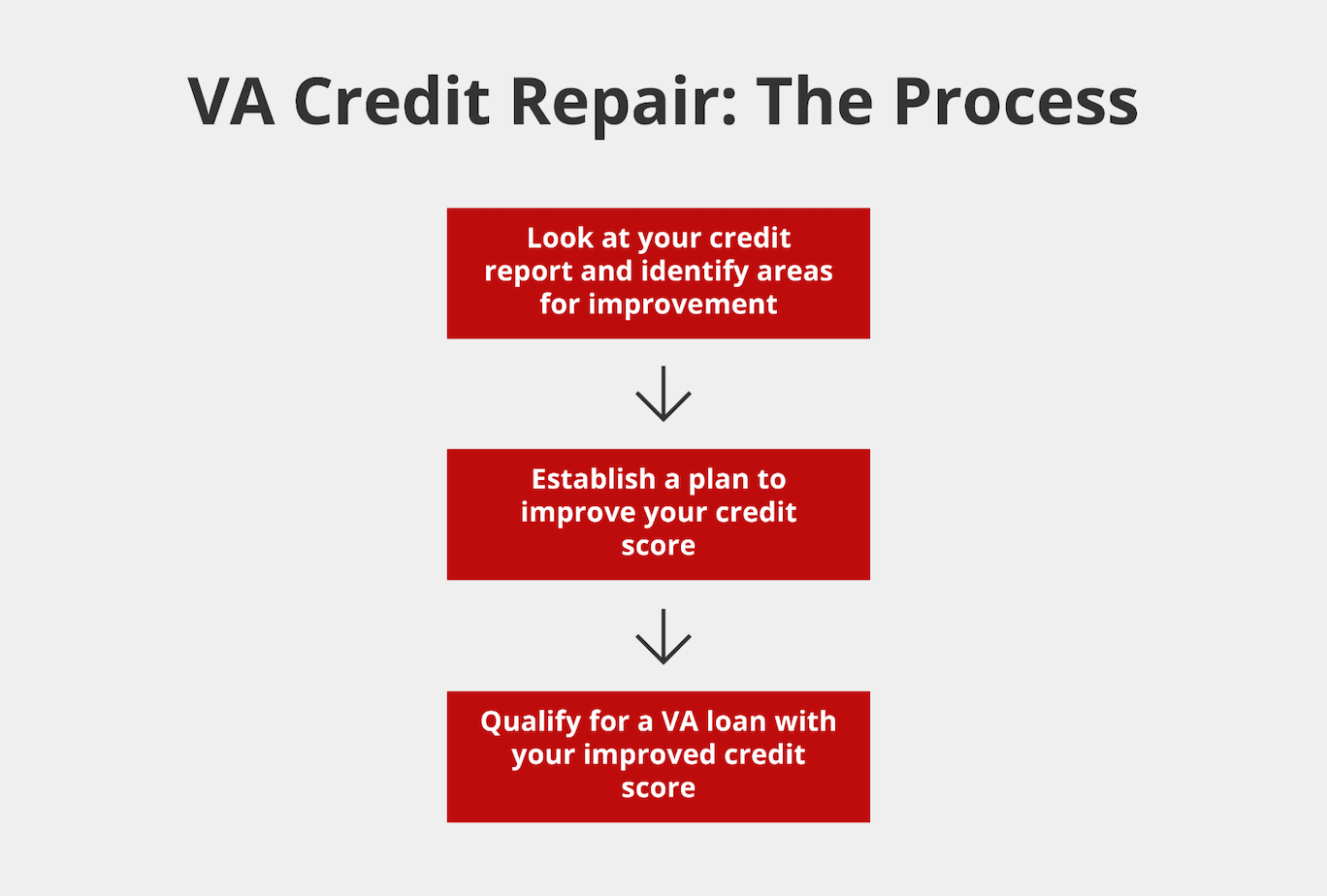So, you’re a veteran who is looking to improve your credit score? Well, you’ve come to the right place! In this article, we will explore the world of credit repair specifically tailored for veterans like yourself. With our expert tips and guidance, you’ll learn how to navigate the often confusing landscape of credit repair, ultimately empowering yourself to take control of your financial future. Whether you’re aiming to qualify for a mortgage, secure a loan, or simply improve your overall creditworthiness, we’ve got you covered. It’s time to unlock the doors to better credit and open up new opportunities for yourself as a veteran.

Understanding Credit Scores and Reports
What is a Credit Score?
A credit score is a three-digit number that represents your creditworthiness and is used by lenders to evaluate your ability to repay debts. It is calculated based on various factors such as payment history, credit utilization, length of credit history, new credit accounts, and types of credit used. A higher credit score indicates a lower credit risk and increases the likelihood of being approved for loans and obtaining better interest rates.
How are Credit Scores Calculated?
Credit scores are calculated using mathematical algorithms that evaluate the information in your credit report. The most commonly used credit scoring model is the FICO score, which ranges from 300 to 850. Factors such as payment history, credit utilization, length of credit history, new credit accounts, and types of credit used are weighted differently to determine your credit score. Generally, paying bills on time, maintaining low credit card balances, and having a diverse credit mix can positively impact your credit score.
Importance of Credit Reports
Credit reports provide a detailed record of your credit history, including information on loans, credit cards, and other forms of credit you have. They are maintained by credit reporting agencies such as Equifax, Experian, and TransUnion, and are accessed by lenders, landlords, and employers to assess your creditworthiness. It is crucial to regularly review your credit report to ensure its accuracy and identify any potential errors or fraudulent activities. A good credit report is essential for obtaining favorable loan terms, insurance rates, and even employment opportunities.
How to Obtain a Free Credit Report
Under the Fair Credit Reporting Act, you are entitled to a free credit report from each of the three major credit reporting agencies every 12 months. To obtain your free credit report, visit AnnualCreditReport.com, the only website authorized by the Federal Trade Commission. You can request all three reports at once or stagger them throughout the year. Reviewing your credit reports regularly allows you to monitor your credit history, identify inaccuracies, and take necessary steps to improve your credit.
Impact of Military Service on Credit
Financial Challenges Faced by Veterans
Military service can have a significant impact on the financial well-being of veterans. Frequent relocations, deployments, and transitions from military to civilian life can lead to unstable income and increased expenses. Many veterans face difficulties in managing their finances, including challenges in paying bills on time, maintaining credit card balances, and making mortgage or rent payments. These financial challenges can result in negative marks on their credit reports and lower credit scores.
Effects of Deployment on Credit
Deployments can disrupt personal finances and have lasting effects on credit. During deployments, service members may face difficulties in managing their financial affairs, leading to missed payments and increased credit utilization. Additionally, identity theft and fraud may be more prevalent during deployments, as service members’ personal information can become vulnerable. These issues can result in damaged credit and financial instability for veterans upon their return home.
Common Credit Issues for Veterans
Veterans may encounter various credit issues due to their military service. These include derogatory marks on credit reports, such as late payments, collections, or charge-offs, resulting from financial hardships experienced during military service. Veterans may also face challenges in accessing credit or obtaining favorable interest rates due to lower credit scores. These credit issues can impact their ability to secure loans, obtain housing, or even find employment in some cases.
Recognizing the Need for Credit Repair
Signs of Poor Credit
There are several signs that indicate you may have poor credit. These include being denied credit applications, receiving higher interest rates or unfavorable loan terms, and constantly struggling to pay bills on time. Other warning signs include receiving collection notices or calls from creditors, having a high credit utilization ratio, and frequently maxing out credit cards. If any of these situations apply to you, it may be a sign that you need to address and repair your credit.
Identifying Inaccurate Information on Credit Reports
Inaccurate information on your credit report can significantly impact your credit score and overall financial health. It is essential to review your credit report regularly and identify any errors, such as incorrect personal information, accounts you don’t recognize, or outdated negative information that should have been removed. Disputing inaccurate information is crucial to ensuring the accuracy of your credit report and maintaining a good credit score.
Understanding Negative Credit Factors
Several factors can negatively affect your credit score. Late payments, collections, bankruptcies, foreclosures, and high credit card balances are all considered negative credit factors. These factors indicate higher credit risk to lenders and can lower your credit score significantly. Understanding these negative credit factors allows you to take appropriate steps to address and improve them, ultimately leading to a better credit profile.
Steps to Repairing Credit
Reviewing and Analyzing Credit Reports
The first step in repairing your credit is to obtain and review your credit reports from all three major credit reporting agencies. Carefully examine each report for accuracy and identify any inaccurate or outdated information. Look for negative marks and understand their impact on your credit score. Analyzing your credit reports allows you to determine which areas need improvement and develop a targeted plan for credit repair.
Disputing Inaccurate Information
If you identify any inaccurate information on your credit reports, you have the right to dispute it with the credit reporting agencies. You can initiate a dispute by submitting a letter explaining the inaccuracies and providing supporting documentation. The credit reporting agencies are required to investigate and correct any errors within a reasonable timeframe. Disputing inaccurate information is crucial to ensure the accuracy of your credit reports and prevent any negative impact on your credit score.
Improving Payment History
Paying bills on time is one of the most critical factors in building and maintaining good credit. If you have a history of late payments, it is essential to improve your payment habits. Set up automatic payments or payment reminders to ensure you never miss a due date. If you are facing financial difficulties, contact your creditors to discuss possible payment arrangements or hardship programs. Improving your payment history demonstrates responsibility and reliability to potential lenders.
Reducing Credit Utilization
Credit utilization refers to the percentage of your available credit that you are currently using. High credit utilization, particularly on credit cards, can negatively impact your credit score. To improve your credit, strive to keep your credit utilization ratio below 30%. Paying down existing balances, avoiding unnecessary credit card spending, and increasing your credit limits can help reduce credit utilization and improve your credit profile.
Negotiating with Creditors
If you are facing difficulties in paying off debts, it may be beneficial to negotiate with your creditors. Contact them to discuss possible repayment options, such as lower interest rates, extended payment terms, or debt settlement arrangements. Creditors may be willing to work with you, especially if they perceive that you are making a sincere effort to repay your debts. Negotiating with creditors can help you manage your debts more effectively and prevent further damage to your credit.

Utilizing Credit Counseling Services
What is Credit Counseling?
Credit counseling involves working with a certified credit counselor to analyze your financial situation, develop a budget, and create a plan to manage your debts effectively. Credit counselors provide education and advice on budgeting, debt management, and credit improvement strategies. They can also negotiate with creditors on your behalf, helping you secure lower interest rates or reduced payments. Credit counseling is a valuable resource for veterans seeking guidance and support in their credit repair journey.
Benefits of Credit Counseling
Credit counseling offers several benefits for individuals who are struggling with debt and credit issues. Credit counselors can help you understand your financial situation, develop a realistic budget, and create a plan to pay off your debts. They provide personalized guidance and support, ensuring that you stay on track with your financial goals. Credit counseling can also help you avoid bankruptcy and provide you with the necessary tools and resources to maintain good credit in the long run.
Finding a Reputable Credit Counseling Agency
When seeking credit counseling services, it is crucial to choose a reputable agency. Look for nonprofit organizations that are accredited by agencies such as the National Foundation for Credit Counseling (NFCC) or the Financial Counseling Association of America (FCAA). Additionally, consider the experience and qualifications of the credit counselors, the range of services offered, and any fees associated with the services. Researching and selecting a reputable credit counseling agency ensures that you receive accurate and reliable advice to improve your credit.
Government Assistance Programs
VA Home Loan Program
The Department of Veterans Affairs (VA) offers a home loan program specifically designed to assist veterans in purchasing or refinancing homes. VA home loans provide several advantages, including lower interest rates, no down payment requirements for most loans, and the ability to finance closing costs. These loans are guaranteed by the VA, making them more accessible to veterans with lower credit scores or limited funds. The VA home loan program is an excellent resource for veterans looking to achieve homeownership while rebuilding their credit.
Consumer Financial Protection Bureau Resources
The Consumer Financial Protection Bureau (CFPB) provides resources and tools designed to educate and empower consumers, including veterans, in making informed financial decisions. Their website offers information on a wide range of topics, including credit reports, credit scores, banking, and mortgages. The CFPB provides helpful guides, videos, and interactive tools that can assist veterans in understanding their credit and working towards improving it.
Financial Education and Counseling Programs for Veterans
Numerous organizations offer financial education and counseling programs specifically tailored to veterans. These programs provide workshops, seminars, and individual counseling sessions to help veterans understand their credit, develop healthy financial habits, and navigate the credit repair process. Some organizations, such as the VeteransPlus and the National Foundation for Credit Counseling, offer free or low-cost services to veterans, ensuring they have access to the resources and support they need to improve their credit and achieve financial stability.

Dealing with Debt and Bankruptcy
Understanding Different Types of Debt
It is crucial to understand the different types of debts you may have when dealing with financial difficulties. Secured debts, such as mortgages and car loans, are backed by collateral, which can be repossessed if you fail to make payments. Unsecured debts, such as credit card debts and medical bills, are not backed by collateral but can still have severe consequences if left unpaid. Additionally, priority debts, such as taxes and child support, are given special status in bankruptcy proceedings. Understanding your debts allows you to develop a strategy to manage and repay them effectively.
Options for Managing Debt
If you are struggling with debt, several options are available to help you manage and repay your debts. These include creating a budget and prioritizing debt payments, contacting creditors to negotiate repayment options, consolidating debts into a single loan, or enrolling in a debt management plan offered by credit counseling agencies. Each option has its advantages and considerations, and it’s vital to choose the one that aligns with your financial situation and goals.
Considerations for Filing Bankruptcy
Filing for bankruptcy is a significant decision that should only be considered as a last resort. Bankruptcy can provide a fresh start for individuals overwhelmed with debt, but it also has long-term consequences. It can impact your credit for several years, making it difficult to obtain credit or secure favorable interest rates. Before filing for bankruptcy, it is advisable to consult with a bankruptcy attorney who can guide you through the process and help you understand the potential implications on your credit and financial future.
Rebuilding Credit After Credit Repair
Establishing a Solid Financial Foundation
Rebuilding credit requires establishing a solid financial foundation. This involves creating a realistic budget, living within your means, and saving for emergencies. Building an emergency fund can provide a financial safety net and reduce the likelihood of relying on credit in times of unexpected expenses. Establishing good financial habits and maintaining a stable financial foundation is essential to long-term credit success.
Building Positive Credit History
To rebuild credit, it is necessary to demonstrate responsible credit behavior over time. Paying bills on time, keeping credit card balances low, and avoiding excessive credit applications are crucial steps in building positive credit history. Consider obtaining a secured credit card or becoming an authorized user on someone else’s credit card to start building positive credit. Over time, your responsible credit behavior will contribute to an improved credit profile.
Practicing Good Financial Habits
Maintaining good financial habits is key to rebuilding and maintaining good credit. This entails regularly reviewing your credit reports, monitoring your credit activity, and promptly addressing any errors or discrepancies. Use credit responsibly, avoid unnecessary debt, and prioritize saving and budgeting. By practicing good financial habits, you can ensure long-term credit success and financial stability.

Avoiding Credit Repair Scams
Common Credit Repair Scams
Unfortunately, there are many credit repair scams that target individuals seeking assistance with their credit. These scams may promise quick fixes, guaranteed credit score improvements, or the complete removal of negative information from credit reports. It is essential to be cautious of any company or individual that requests upfront payment or makes extravagant claims. Legitimate credit repair companies will not guarantee specific outcomes or charge fees before providing services.
Red Flags to Watch Out For
To avoid falling victim to credit repair scams, watch out for certain red flags. Be skeptical of companies that promise immediate results or claim to possess secret methods for improving credit. Legitimate credit repair companies do not have any special relationships with credit reporting agencies or the ability to remove accurate negative information from credit reports. Additionally, beware of companies that require extensive personal information or pressure you into signing agreements without giving you time to review them.
Protecting Yourself from Scammers
To protect yourself from credit repair scammers, it is essential to do thorough research before engaging with any credit repair company. Check the company’s reputation and look for reviews or complaints from other consumers. Verify that the company is properly licensed, bonded, and adheres to relevant state and federal regulations. Trust your instincts and be cautious of any company that makes promises that sound too good to be true.
Seeking Professional Assistance
When to Consider Professional Credit Repair Services
Professional credit repair services can be beneficial in certain situations. If you find the credit repair process overwhelming or lack the necessary time and resources, you may consider hiring a reputable credit repair company. Professional credit repair services can provide expertise, resources, and support to help you navigate the credit repair process more effectively. Evaluate your personal circumstances and determine whether professional assistance is the right choice for you.
Choosing a Reliable Credit Repair Company
Choosing a reliable credit repair company is crucial to the success of your credit repair efforts. Look for companies that have a track record of success, are transparent about their services and fees, and have positive reviews from previous clients. Avoid companies that require large upfront payments or make unrealistic promises. Research multiple companies, compare their services and costs, and select the one that aligns with your needs and expectations.
Understanding the Costs and Risks
Before working with a credit repair company, it is essential to understand the costs and risks involved. Reputable companies typically charge a monthly fee for their services, and the length of time needed for credit repair can vary depending on the complexity of your credit issues. Additionally, be aware that credit repair cannot guarantee specific outcomes, and the potential risks include the possibility of minimal or no improvement to your credit despite the company’s efforts. Evaluate the costs and risks carefully before deciding to pursue professional credit repair services.
In conclusion, credit repair for veterans is a crucial aspect of financial well-being and stability. Veterans facing financial challenges should understand the impact of military service on credit, recognize the signs of poor credit, and take steps to repair their credit through reviewing and disputing inaccurate information, improving payment history, and reducing credit utilization. Credit counseling services, government assistance programs, and practicing good financial habits can provide valuable support and resources in the credit repair journey. It is essential to stay vigilant against credit repair scams, seek professional assistance when necessary, and understand the costs and risks involved. By taking proactive measures and following the necessary steps, veterans can rebuild their credit, improve their financial standing, and achieve long-term credit success.

